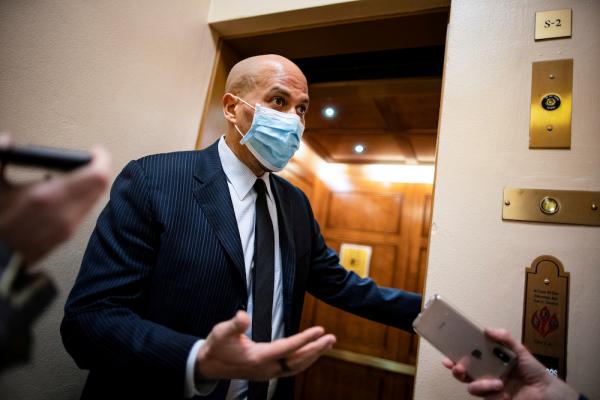Mar 8, 2021
For the last decade, Black Lives Matter organizers and other activists have cultivated a renewed energy toward addressing racism in America. Sen. Cory Booker (D-N.J.) hopes to channel that energy through legislation that would overhaul the U.S. Department of Agriculture, known colloquially as “the last plantation.”
Read the Full Article

Already a subscriber? Login
